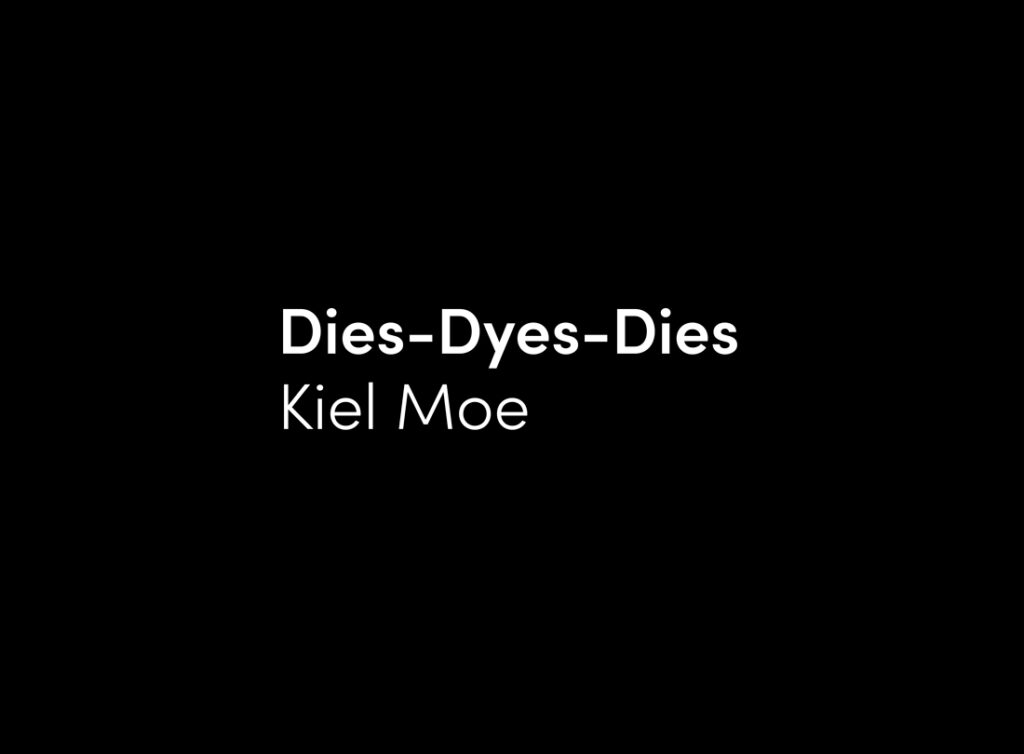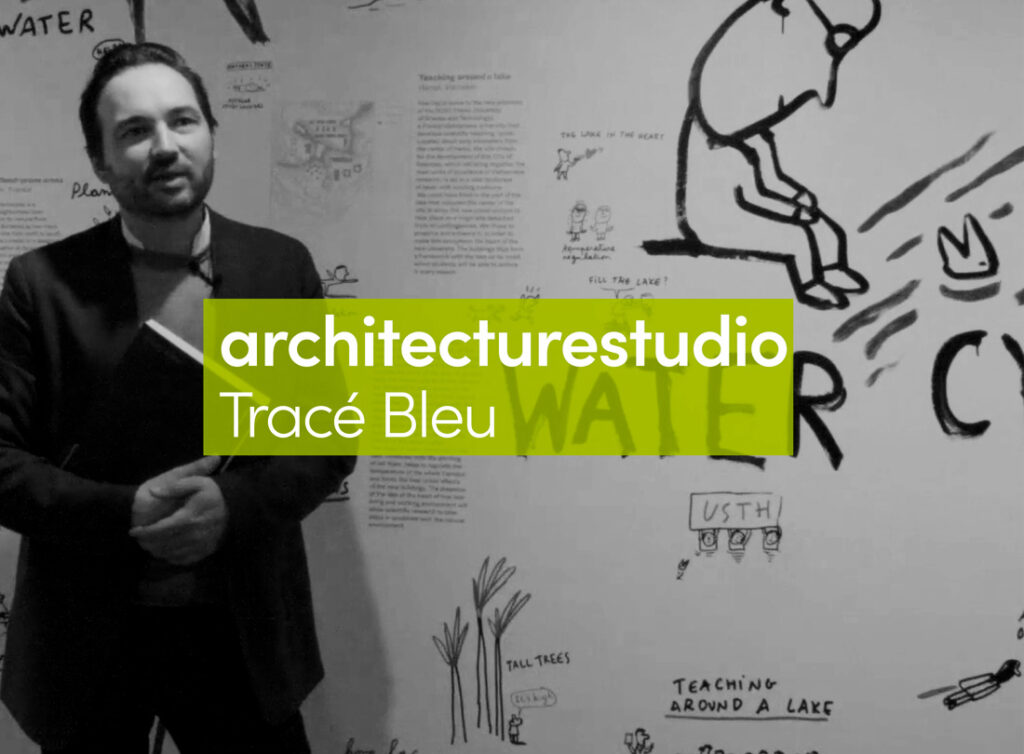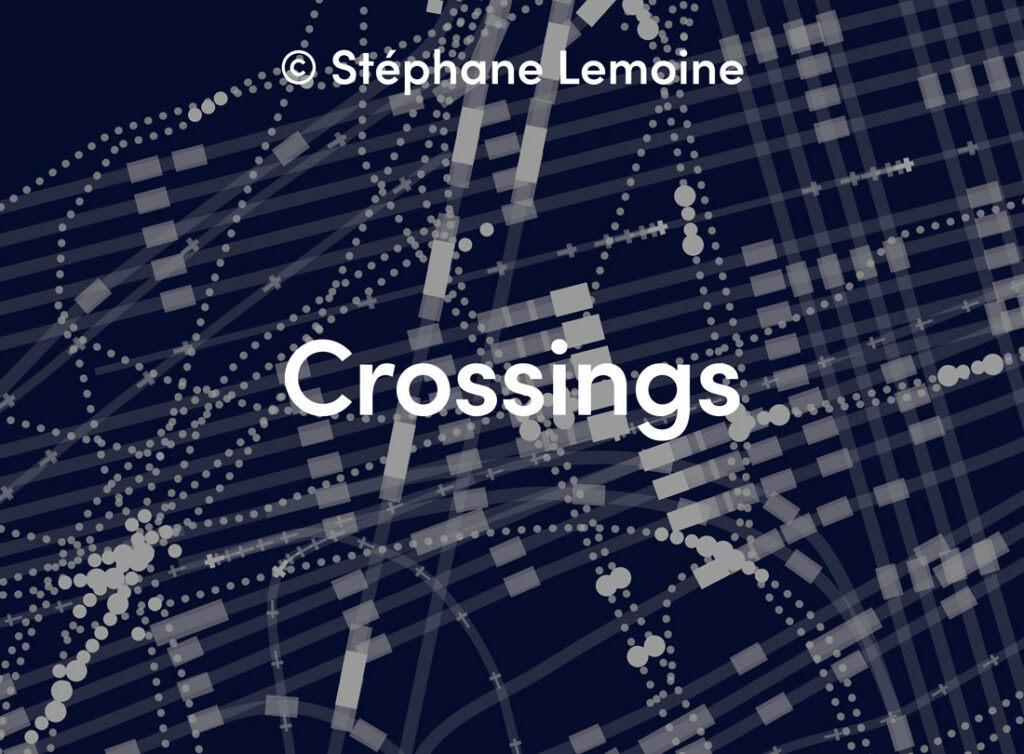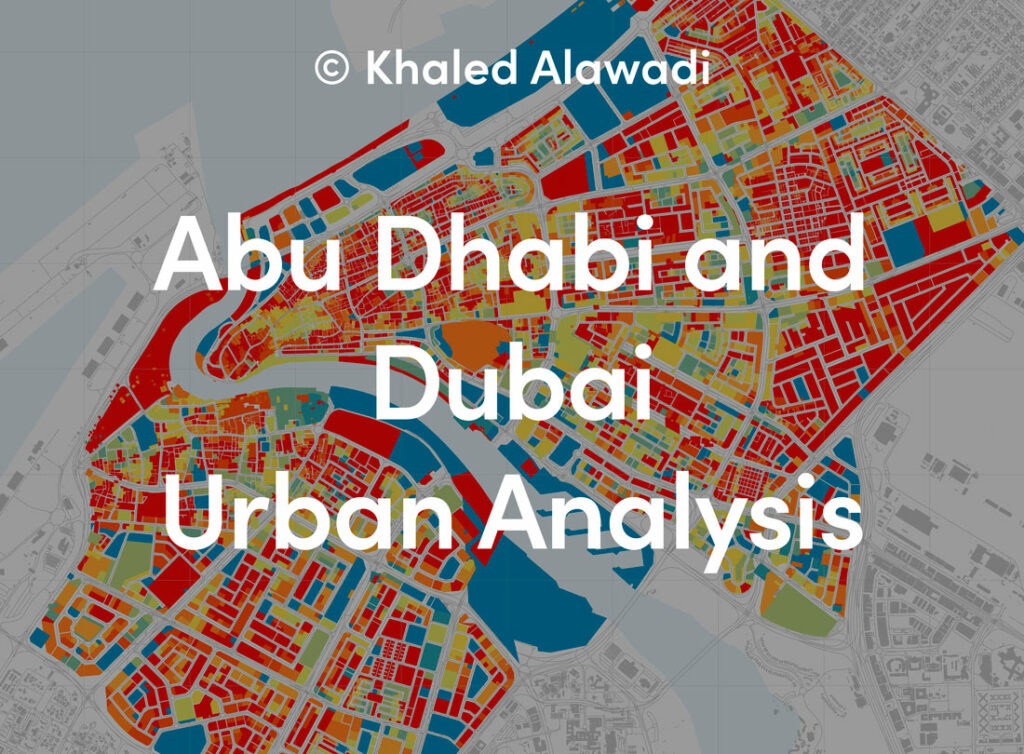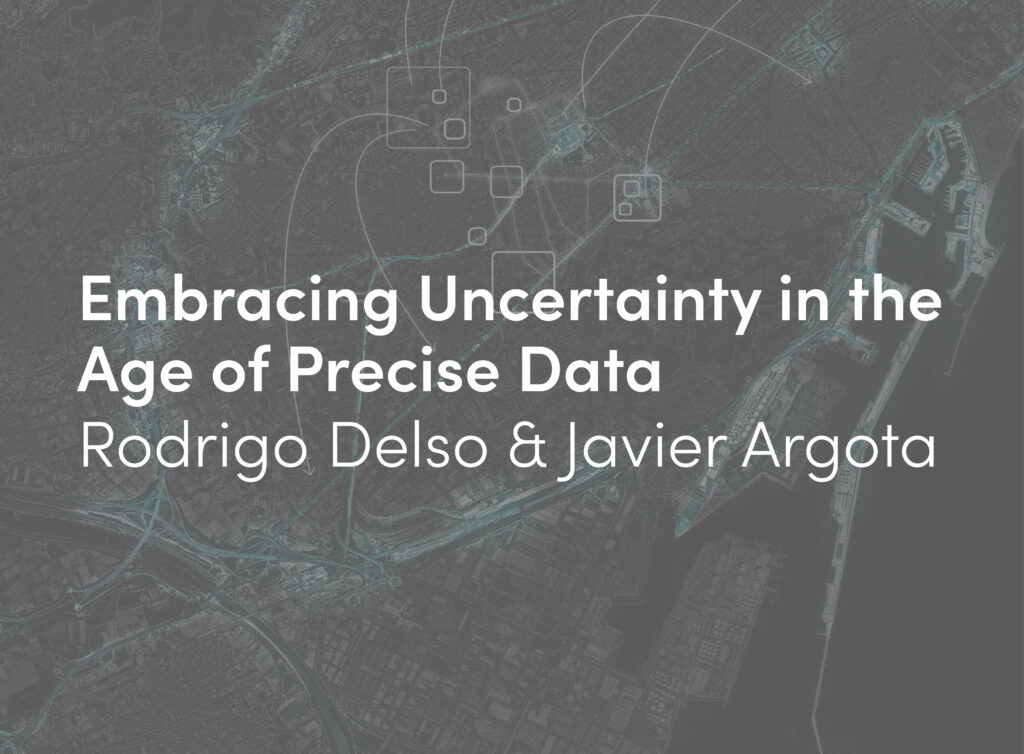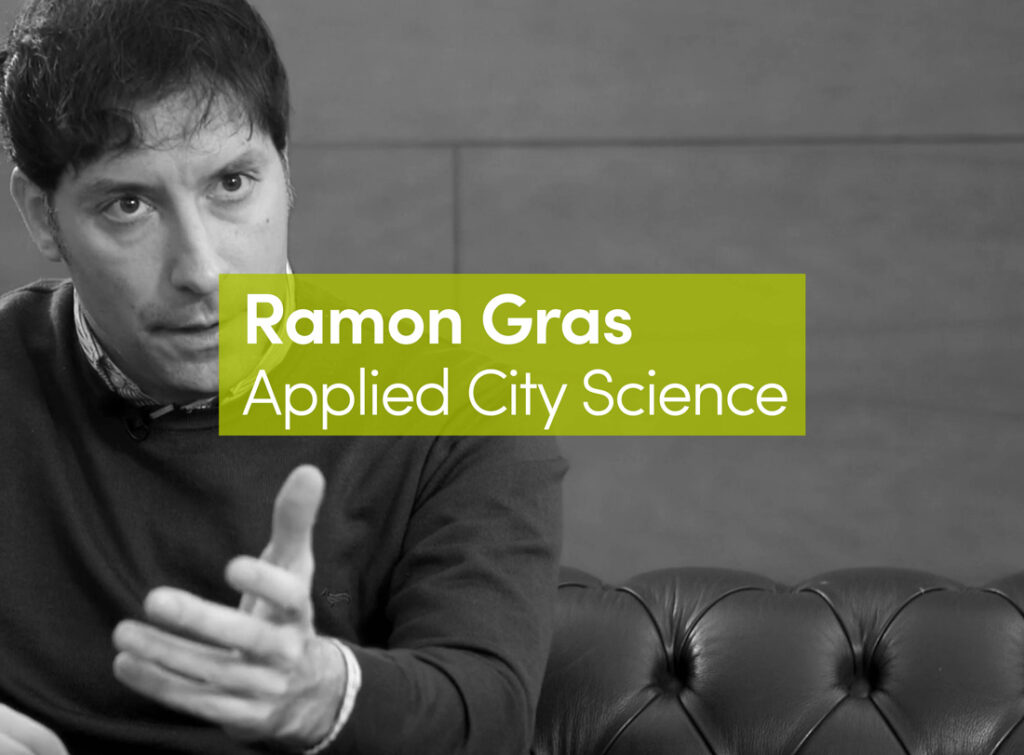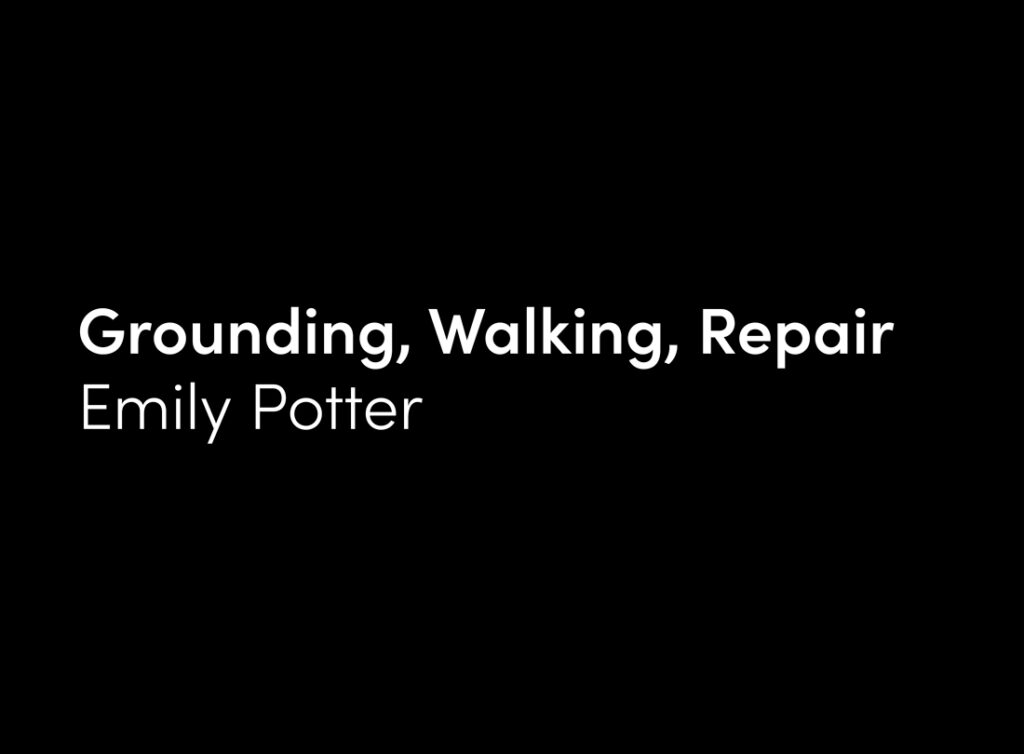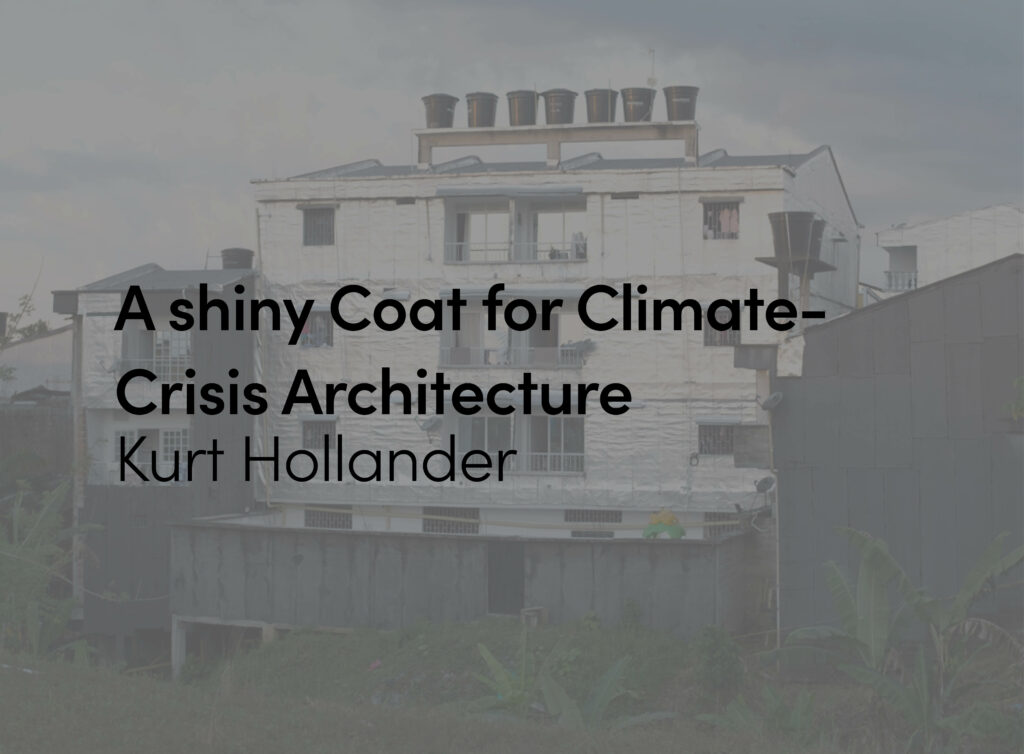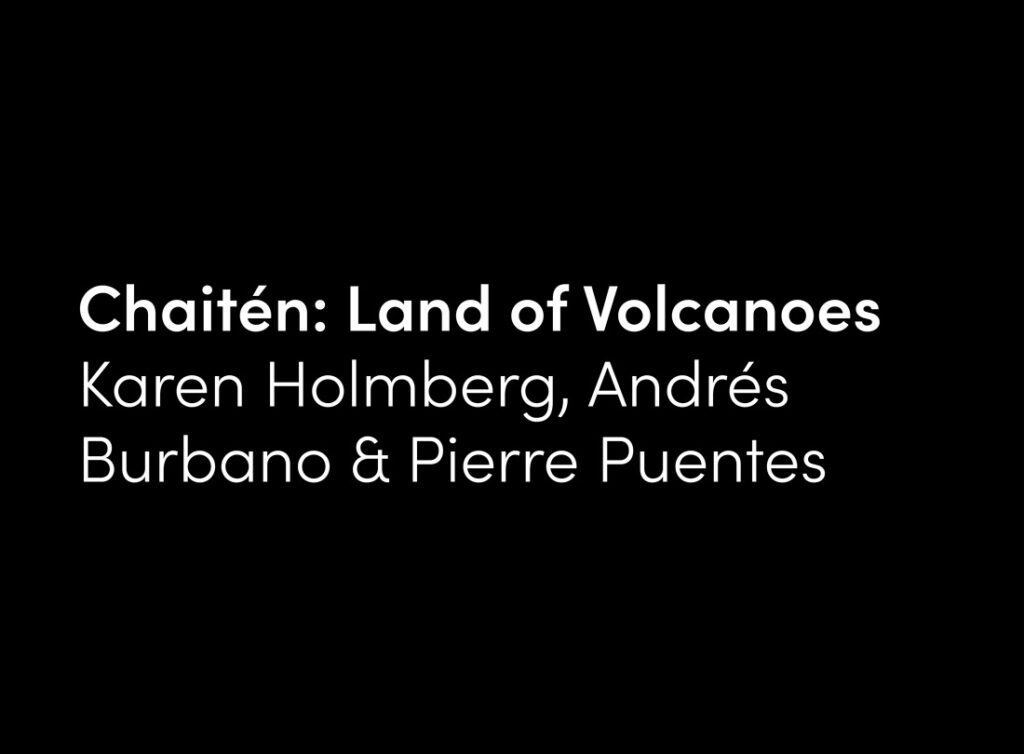Cities are complex systems. But they are incomplete systems. These features take on urbanized formats that vary enormously across time and place. In this mix of complexity and incompleteness lies the capacity of cities to outlive far more powerful but formal and closed systems: many a city has outlived governments, kings, the leading corporation of an epoch. Herein also lies the possibility of making—making the urban, the political, the civic, a history. Thus, much of today’s dense built-up terrain, such as a vast stretch of high-rise housing or of office buildings, is not a city; it is simply dense built-up terrain. On the other hand, a working slum can have many of the features of a city, and indeed, some slums are a type of city—poor, but deeply urban.
It is also in this mix of incompleteness and complexity that the possibility exists for the powerless to hack power in the city, in a way that they could not in a plantation, for example, and to hack particular features of the city. They are thereby able to make a history, a politics, even if they do not get empowered. Thus, current conditions in global cities, especially, are creating not only new structurations of power but also operational and rhetorical openings for new types of actors and their projects. In these cities those without power can make themselves present: in the richest neighborhoods where they are the indispensable household support, in the corporate center where they are indispensable service workers, and so on. Thus powerlessness can become complex in the city. And this is, in itself, a transversal type of hacking.
One way of conceiving of some of this is as instances of urban capabilities.
In this essay I am particularly interested in two features of the city. One is that the global city is a strategic frontier zone that enables those who lack power, those who are disadvantaged, outsiders, and minorities who are discriminated against—even though it decimates the modest middle classes. The disadvantaged and excluded can gain presence in such cities in a way they cannot in neat, homogenous provincial cities. In the global city, they become present to power and to each other, which may include learning to negotiate their multiple differences. They can hack power and they can hack their differences of origin, religion, phenotype. The second feature is the strategic importance of the city today for shaping new orders—or, if you will, hacking old orders. As a complex space, the city can bring together multiple, very diverse struggles and engender a larger, more encompassing push for a new normative order. It enables people with different passions and obsessions to work together—more precisely, to hack power together.
Global Cities Are Today’s Frontier Zones
The large complex city, especially if it’s a global city, is a new frontier zone. In frontiers, actors from different worlds meet, but there are no clear rules of engagement. Whereas historically the frontier lay in the far stretches of colonial empires, today’s frontier zone is in our large, messy global cities. Cities are now the places where actors from different spheres have an encounter for which there are no established rules. The historic frontier lay at the creeping and expanding edges of empires; but those edges of empires no longer exist today. Today that space of encounter with differences lies deep inside our large, messy cities. Thus, these cities are strategic for both global corporate capital and the powerless.
Much of the work of forcing deregulation, privatization, and new fiscal and monetary policies on governments actually took place in the corporate sector of global cities rather than in legislatures and parliaments. In this sense, then, the corporates hacked the city because that making of new instruments was a way of constructing the equivalent of the old military “fort” of the historic frontier: the corporate zone in our cities is a protected, de facto private space. And corporate actors have been doing this since the late 1980s in city after city worldwide to ensure they have a global operational space that suits their interests. The global city is then also a frontier zone because it is where strategic spaces of power can be hacked— though they rarely are, which has always surprised me.
But global cities are also strategic places for those without power. They signal the possibility of a new type of politics, centered in new types of political actors. That is one instance of what I seek to capture with the concept of urban capabilities. It is not simply a matter of having or not having power. For the powerless, the city is a strategic space because the political goes well beyond routinized voting and having to accept corporate utility logics, or the dominance of narratives that strengthen powerful actors. Urban space in powerful cities provides new hybrid bases from which to act.
One outcome we are seeing in city after city is the making of new kinds of informal politics. For instance, there is a kind of public-making work that can produce disruptive narratives, and make legible the local and the silenced. Political work gets done this way: it becomes the work of making a new kind of contestatory public that uses urban space as a medium, a tool to hack power, even if it does not bring power down. The Occupy movements that rose in countries in very different parts of the world were momentarily disruptive but educational in the long term. They rhetoricized inequality and provided a narrative to large sectors of the impoverished middle classes, usually a rather conservative and prudent sector. It has evolved as a politics that is making headway at the level of political speech and mobilization, but not necessarily system change: Podemos in Spain, Syriza in Greece, the rise of a seventy-year-old long-term socialist in the United States as a presidential candidate appealing to all ages, but especially the young. Deeper have been the changes in Bolivia and Venezuela, encompassing a whole new vocabulary and governmental logic; less radical but still significant are Peru and Quito. All of these, across their differences, and with varying levels of intensity, share a partial or full repudiation of politics as usual.
It also signals the possibility of making a new type of subject, one abundant in cities across time and place, but always somewhat rare: the urban subject that results from hacking ethnicity, religion, phenotype, inequality, physical disability. Old Baghdad and Jerusalem, industrializing Chicago and New York, early-twentieth-century Berlin and Buenos Aires were such cities. This is not to deny the specific histories and geographies that generated what I like to call the “urban subject.” The urban subject is at home with enormous differences of religion, ethnicity, etc. A city’s sociality can bring out and underline the urbanity of subject and setting, and dilute more essentialist markers. The need for new solidarities (for instance, when cities confront major challenges) is often what can bring about this shift. Urban space, especially a city’s center, can hack our essentialisms, as it forces us into joint responses, into crowded public transport, into highly mixed work situations, into public hospitals and universities, and so on. From there it can move us on to the appreciation of an urban subject, rather than more specific individual or group identities that might rule in a neighborhood. The big, messy, slightly anarchic city enables such shifts. The corporatized city or the office park does not.
There is yet another type of hacking of long-time orders that is taking place today. It is the hacking of well-established larger units, notably nation-states, that are beginning to lose their grip on domains where they once had considerable control. This is an important even if partial and not always desirable change. In Territory, Authority, Rights, I identified a vast proliferation of such partial disassemblings and reassemblings that arise from the remix of bits of territory, authority, and rights, once all ensconced in national institutional frames. In Europe, these novel assemblages include those resulting from the formation and ongoing development of the European Union, but also those resulting in a variety of cross-city alliances around protecting the environment, fighting racism, and other important causes. These generate a European subject for whom protecting the local or global environment matters more than nationality. And they also result from subnational struggles and the desire to make new regulations for self-governance at the level of the neighborhood and the city.
Against the background of a partial disassembling of empires and nation-states, the city emerges as a strategic site for making elements of new partial orders. Where in the past national law might have been the law, today subsidiarity and the new strategic role of cities make it possible for us to imagine a return to urban law. We see a resurgence of urban law-making, a subject I discuss in depth elsewhere (see Territory, Authority, Rights, chapters 2 and 6). For instance, in the United States, a growing number of cities have passed local laws (ordinances) that make themselves sanctuaries for undocumented immigrants; other cities have passed environmental laws that only hold for those particular cities because they are far more radical than national law, or have developed currencies for local transactions that only function in those cities.
These are among the features that make cities a space of great complexity and diversity. But today, cities confront major conflicts that can reduce that complexity to mere built-up terrain or a cement jungle. The urban way of confronting extreme racism, governmental wars on terror, and the future crises of climate change is to make these challenges occasions to further expand diverse urban capabilities and to expand the meaning of membership. Yet much national government policy and the “needs” of powerful corporate actors go against this mode.
In the next section, I discuss a range of issues that illustrate how the powerless can hack power in the city.
